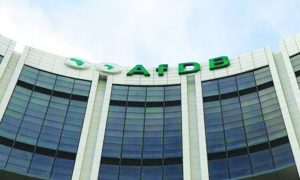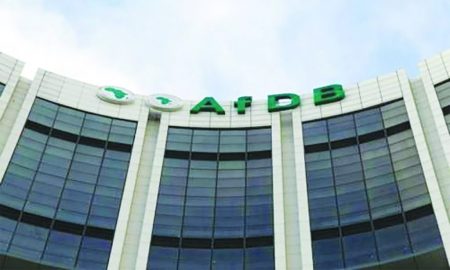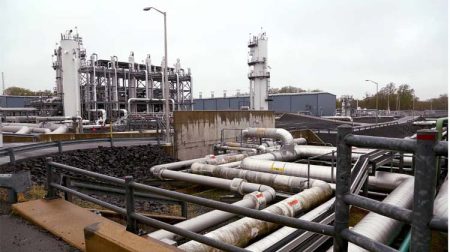The Nigerian Federal Government has embarked on a transformative journey to modernize and formalize its livestock sector, a sector estimated to be worth a staggering N33 trillion. This ambitious undertaking, spearheaded by the newly established Ministry of Livestock Development, the first of its kind in the nation’s history, aims to harness the sector’s vast potential, ensuring its sustainability and contribution to national growth. Central to this transformation is the establishment of a gene bank dedicated to preserving the invaluable genetic heritage of indigenous livestock breeds. These breeds, adapted to the local environment and exhibiting resilience against diseases, represent a crucial genetic resource that must be safeguarded for future generations. The gene bank will serve as a repository for these indigenous genetics, allowing for their continued utilization in breeding programs and preserving their unique characteristics. This initiative underscores the government’s commitment to not only modernizing the livestock sector but also protecting its inherent biodiversity.
The government’s strategy emphasizes integration rather than replacement. Indigenous breeds, recognized for their adaptability and disease resistance, will be incorporated into modern livestock production systems through crossbreeding. This approach will allow for the introduction of desirable traits from other breeds while simultaneously preserving the valuable genetic heritage of the indigenous livestock. The integration strategy demonstrates a balanced approach to modernization, ensuring that the strengths of indigenous breeds are not lost in the pursuit of enhanced productivity. This careful balancing act will ensure the long-term viability and resilience of the livestock sector, safeguarding it against future challenges such as climate change and emerging diseases.
A key component of the modernization drive is the nationwide mapping and inventory of grazing reserves. The ministry has identified over 417 grazing reserves, encompassing more than 5 million hectares of land, which will be upgraded with essential infrastructure. This includes the provision of water resources, veterinary clinics, and schools for herders’ families, aimed at creating sustainable and thriving pastoral communities. This infrastructural development within grazing reserves represents a significant investment in supporting pastoral livelihoods and improving the overall management of livestock. By providing these essential services, the government aims to improve the welfare of both livestock and herders, fostering a more productive and sustainable livestock sector.
The Ministry of Livestock Development is also embracing technology as a critical tool for enhancing livestock management. Cattle routes, available dams, and grazing reserves have been digitized, providing real-time access to information and facilitating more effective monitoring and management. This leveraging of technology allows for better resource allocation, improved disease surveillance, and more efficient responses to challenges such as cattle rustling. The digitalization of these key aspects of the livestock sector signifies a significant step towards modernizing its operations and enhancing its overall efficiency. This technological integration will enable data-driven decision-making, improve traceability, and enhance the overall management of the livestock sector.
Attracting private sector investment is another crucial aspect of the government’s modernization plan. A major Brazilian meat processing company has committed to investing $2.5 billion in the Nigerian livestock sector, a testament to the growing confidence in the sector’s potential. This substantial investment underscores the attractiveness of the Nigerian market and the government’s commitment to creating a conducive environment for private sector participation. Such investments are vital for driving growth, creating jobs, and enhancing the value chain within the livestock sector. This injection of capital and expertise will contribute significantly to the sector’s modernization and its integration into global markets.
Beyond infrastructure and investment, the ministry is also prioritizing livestock health and disease control. The National Animal Identification Tagging System has been launched, enabling individual animal tracking and aiding in the fight against cattle rustling. Furthermore, plans are underway to commercialize the National Veterinary Research Institute, enhancing the country’s capacity for vaccine production and ensuring the availability of essential animal health services. These measures aim to improve livestock health, reduce economic losses, and strengthen the biosecurity of the nation’s livestock population. This proactive approach to disease control and prevention is crucial for protecting the valuable assets within the livestock sector and ensuring its long-term sustainability. The combination of these strategic initiatives – gene banking, grazing reserve development, technological integration, private sector investment, and disease control – paints a comprehensive picture of the government’s commitment to transforming the Nigerian livestock sector into a modern, sustainable, and economically vibrant contributor to the nation’s prosperity.














